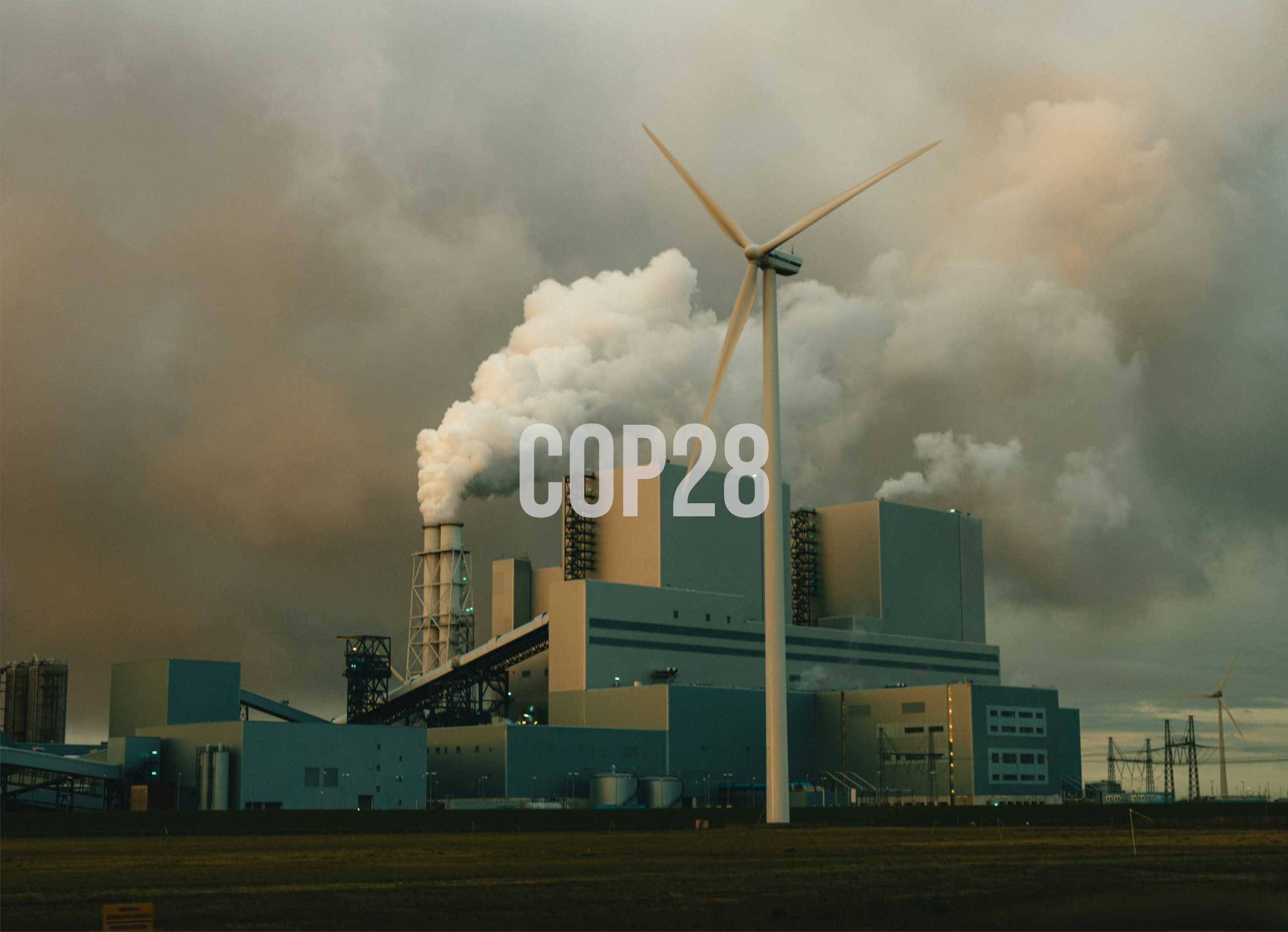If climate action is to continue then policymakers must find new and innovative ways to engage in discourse. In this spirit, from Monday 01 June to Wednesday 10 June 2020, the “June Momentum for Climate Change” event took place. An ambitious series of virtual meetings, under the guidance of the chairs of the SBSTA and the SBI, and with the support of the UNFCCC secretariat, so as to open a space for parties and other stakeholders to engage and share information on climate action.
Although the June Momentum was not designed to replace formal negotiations, such as those that should have taken place at the beginning of June in Bonn (SB 52), it did seek to enable the UNFCCC process to continue by providing a platform for engagement and the sharing of information on how to implement a green recovery and ensure that ambitious climate objectives are upheld.
At the closing event on 10 June, UN Climate Change Executive Secretary Patricia Espinosa said: “This series of events has helped educate and raise awareness among the public and has provided an opportunity to Parties and stakeholders to work in a completely new reality. And it has provided a way to advance technical discussions that may have helped Parties to better prepare for continuing with our work when we are meeting in person in October.”
Taking a leading role
Understanding the need for these types of discussions to continue, Japan’s Environment Minister, Shinjirō Koizumi, stepped up to the challenge by committing to the creation of an online platform and hosting a virtual meeting, open to the public, that can provide the basis for governments around the world to discuss the role of carbon-cutting measures in kickstarting their economies.
Koizumi’s proposal reaffirms Japan’s efforts to increase their ambition and make amends for their recent lackluster display, whereby on 30 March Japan became the first G7 industrialized nation to submit a revised NDC, setting a worrying precedent by not increasing its commitments.
Economic recovery must not leave climate action behind. A virtuous cycle of environmental protection and economic growth will be a core part of the recovery strategy.
Not only is Japan facilitating international cooperation, but they are also attempting to create public-private partnerships and engage public opinion. The Japan Climate Change Initiative (JCI), a network of companies, local governments, and NGOs, that share the common objective of strengthening Japan’s environmental efforts, engaged in an online meeting on 10 June. Here, high-level members of the Environment Ministry, including Shinjiro Koizumi and State Minister of the Environment Ms. Yukari Sato, 7 CEOs from JCI’s member companies, and three secretariat organizations discussed Japan’s “green recovery” from the economic stagnation caused by COVID-19.
Sueyoshi Takejiro, President of the Climate Change Initiative, voiced his appreciation of the event and the desire for this type of stakeholder engagement and online dialogue between non-governmental actors and the government to become the “new normal.”
These types of dialogue can form the basis for future discussions, creating a space for a plurality of voices that can contribute to the discussion on how to continue climate action notwithstanding the changes imposed by the pandemic. What policymakers choose to do now to kickstart their economies and create jobs will have longterm consequences on their ability to meet climate pledges.
If COP26 is to be successful, countries must find avenues with which to engage on environmental topics and ensure that COVID-19 doesn’t become an excuse for environmental mismanagement but rather an opportunity for increased ambition.






